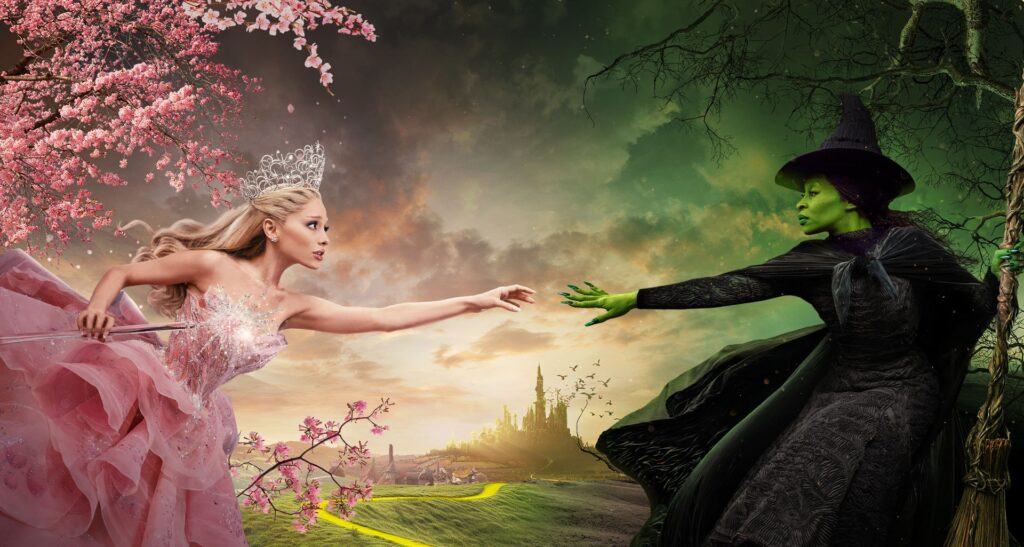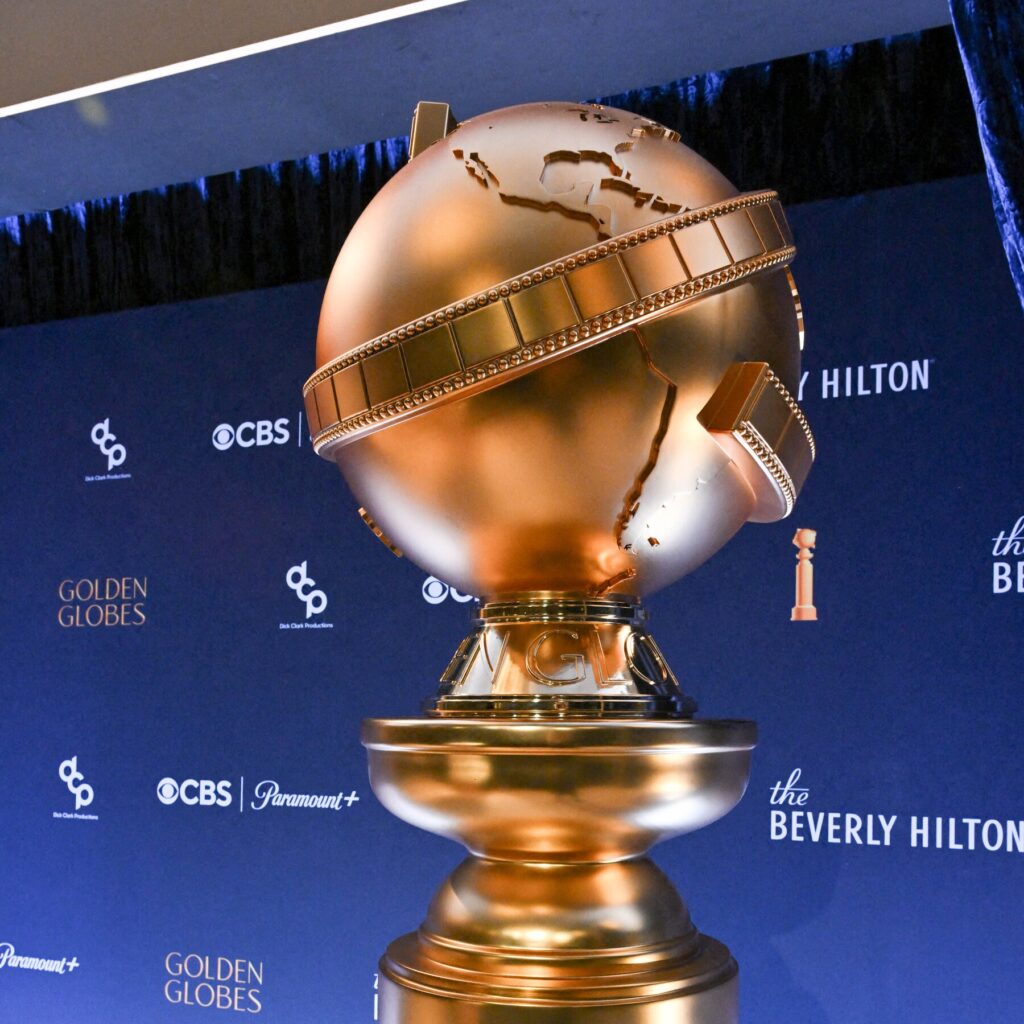82nd Annual Golden Globes: Controversial Wins and Audience Reactions
The 82nd Annual Golden Globes sparked significant debate, with unexpected winners leaving audiences and critics divided. Key factors influencing the outcomes reveal broader issues with awards processes and genre representation.
Campaigning and PR Dominance
A strong PR campaign can significantly sway awards results. Emilia Perez, which swept numerous categories, faced criticism for prioritizing visibility over quality. Commenters observed that the film had been “everywhere” for months, raising questions about the impact of aggressive campaigning on voters’ decisions.

Genre Confusion and Category Placement
The Golden Globes’ decision to combine musicals and comedies into one category caused further confusion. For instance, The Substance, a horror film, was nominated under Best Motion Picture – Musical or Comedy. Similarly, The Bear—which leans heavily into drama—won for Best Comedy Series for the second consecutive year. Critics compared this to the previous year’s placement of Fallout in the Drama category, calling for clearer genre distinctions.
Many also lamented the absence of a dedicated Best Horror category, especially given the rise of genre-defying films. The lack of representation left fans of horror and darker narratives feeling overlooked.
Critical Acclaim vs. Audience Sentiment
The disconnect between critics and audiences became starkly evident with Emilia Perez. Despite glowing reviews and multiple wins, including Best Picture (Comedy/Musical), the film faced widespread backlash for its perceived lack of originality and cultural sensitivity. In contrast, Wicked—a fan favorite with higher ratings on IMDb, Rotten Tomatoes, and Letterboxd—was notably under-recognized.

Commenters also pointed out that Anora and Challengers were stronger contenders, both critically and in audience reception. The consensus was that voters favored certain films over others based on opaque criteria that diverged from public opinion.
Allegations of Bias and Cultural Insensitivity
The controversies didn’t stop at genre confusion. Emilia Perez, directed by a French filmmaker, was criticized for perpetuating stereotypes about Mexican culture. Viewers highlighted the director’s admission of not researching Mexican traditions, questioning why such a film received significant accolades. The lack of diversity among winners also fueled speculation about the influence of lobbying by streaming platforms like Netflix.

Broader Trends in Film and Awards
The Golden Globes’ results underscored broader trends in the film industry:
- Audience Fatigue with Unoriginal Content: Films like Wicked, based on established works, faced criticism for lacking novelty, despite their strong execution.
- Genre Bias: Horror films like The Substance rarely gain awards recognition, reflecting a persistent bias against the genre.
- Cultural Representation: There is growing scrutiny over the authenticity of cultural portrayals in films, as seen with Emilia Perez.
- Relevance of Award Shows: Many questioned the Golden Globes’ diminishing influence as a predictor of Oscars success, noting the differences in voting bodies.
The Golden Globes have always courted controversy, but the 82nd edition highlighted the evolving expectations of modern audiences. From demands for cultural sensitivity to calls for fair genre representation, viewers are increasingly critical of the factors shaping the entertainment industry’s highest honors.


